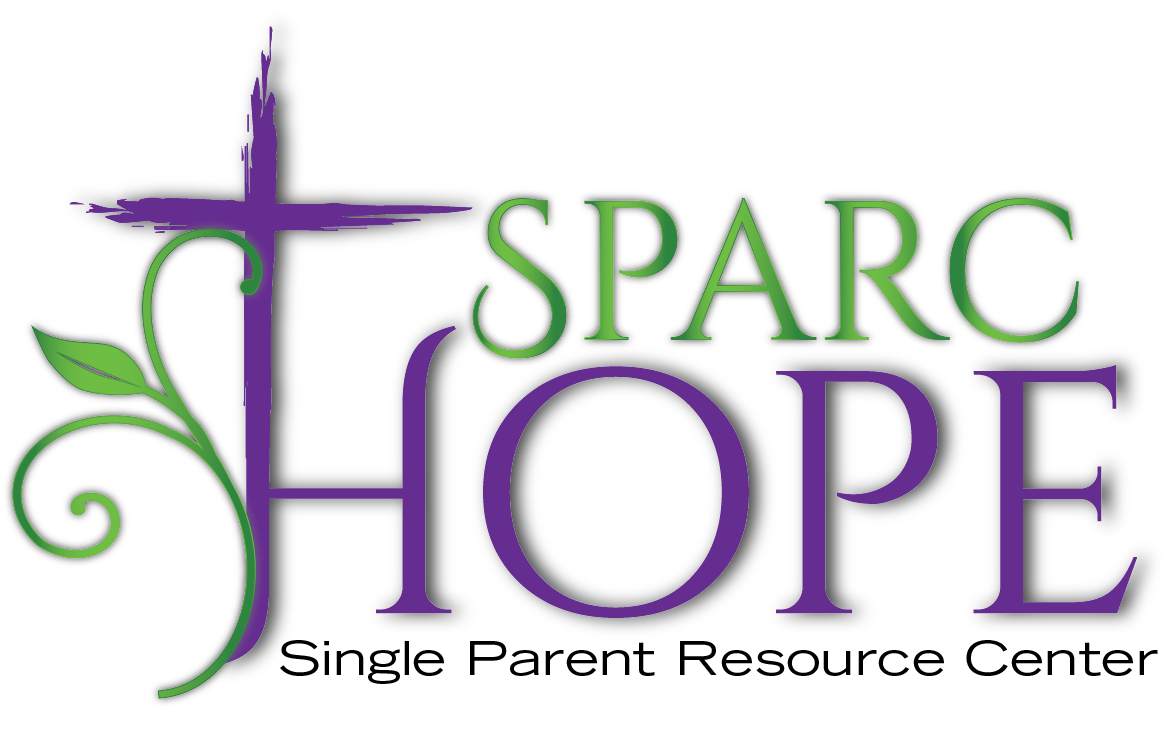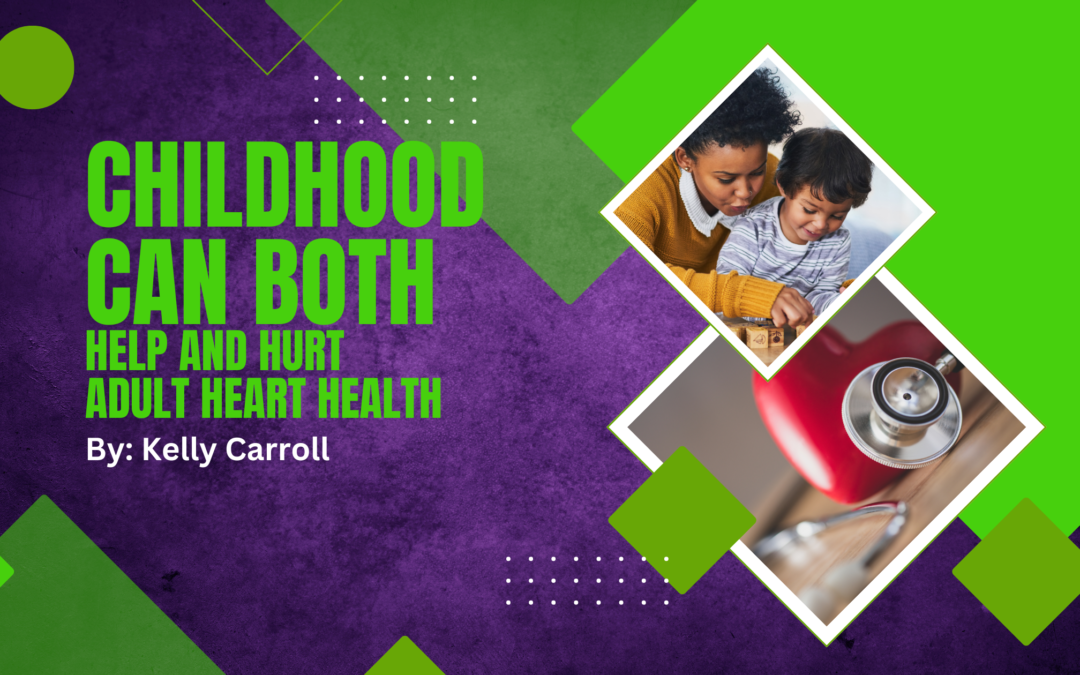Childhood Can Both Help and Hurt Adult Heart Health, New Research Shows
By Kelly Carroll
Childhood casts a long shadow, and new research indicates that experiences in childhood can affect adult heart health. Data published in January 2024 in Circulation: Cardiovascular Quality and Outcomes suggests that childhood experiences may both positively and negatively impact adult heart health. Heart disease is the number one killer of both American men and women, and understanding its risk factors is an important part of fighting it.
The study of more than 2,000 adults spanned 20 years and evaluated participants’ childhoods through the Risky Family Environment questionnaire. The questionnaire evaluated childhood experiences of physical affection, warmth and care, home organization and management, verbal and physical abuse and in-home substance abuse. Researchers determined how these childhood experiences affected adult heart health.
The research linked higher rates of childhood adversity, shown by higher scores on the Risky Family questionnaire, with impaired adult heart health. The participants’ Risky Family scores ranged from seven to 28, and the average score was 10. For every point a participant scored higher on the questionnaire, they had a 3.6% less chance of having a high heart health score. Fewer participants with high childhood adversity had strong cardiovascular health compared to participants with low childhood adversity. High Risky Family scores were also associated with obesity and smoking at the study’s start.
Child abuse had a potent negative impact on cardiovascular health. For every point a participant scored higher on measures of child abuse, they had a nearly 13% reduction in the likelihood of achieving optimal cardiovascular health.
Strong relationships with a caregiver during childhood positively affected cardiovascular health. A one-point increase in the caregiver warmth score was associated with an 11.7% increase in a participant’s chances of achieving the highest heart health score. These results suggest social and political strategies supporting caregiver-child relationships may improve heart health. Lead study author, Robin Ortiz, M.D., M.S., said in a news release, “Supporting adults in a way that may promote safe, stable and nurturing relationships with children in their care may be important in creating healthy habits in childhood that carry through adulthood. Health care professionals should consider the health and well-being of the household when addressing cardiovascular health at any age.”
Researchers analyzed the interaction between child abuse and caregiver warmth and predicted that high rates of caregiver warmth may buffer against the negative cardiovascular effects of abuse. The data did not support this hypothesis and associated high scores of caregiver warmth and abuse with poor cardiovascular health. Ortiz said, “This suggests that the lack of stability in a caregiver relationship, in other words, the potential to experience abuse and warmth with unpredictability for either, may be as harmful as exposure to high rates of abuse without protective factors.”
The data showed that having both strong caregiver relationships and low exposure to abuse significantly improved heart health. Participants who had high caregiver warmth scores and low abuse scores had strong cardiovascular health.
While this study is the first to examine the relationship of childhood experiences with cardiovascular health over two decades, it has limitations. Adult participants provided information about their childhoods, and memory errors and biases are possible. Ortiz suggested that collecting data during childhood may provide valuable insight. “It will be important for future studies to follow children early and throughout life if we hope to make more definitive or cause-and-effect statements about the impact of early life exposures on later-life outcomes,” Ortiz said.
Childhood adversity is common, and 63% of American adults report at least one form of adversity. In an editorial, Shakira Suglia and Ayana April-Sanders said, “Current interventions to address the sequelae of childhood adversities mainly focus on cognitive-behavioral therapy that addresses mental health outcomes. Still, little is known of interventions that can be delivered to address cardiovascular health and best practices for implementing those interventions.” More research is needed to clarify the most effective ways to improve heart health in cases of childhood adversity.
Author Bio
My author bio: Kelly is a freelance writer focusing on science and health topics. She earned a Ph.D. in Microbiology and Immunology from The University of Louisville. Kelly has published with The Borgen Project, The Turner Syndrome Foundation, and Study.com. A full writing portfolio is available at https://kellycarroll.space/portfolio.
OTHER WAYS TO CONNECT
We hope you found this information helpful! Do you have any thoughts? Please connect with us on Facebook and Instagram and let us know!
If you would like to learn more about upcoming events, sign up to receive our quarterly newsletter here.
Check out some of our other blog posts here, for tips and tricks for single parents, budget hacks, inspiration and more information about what we do here at SPARC Hope.

